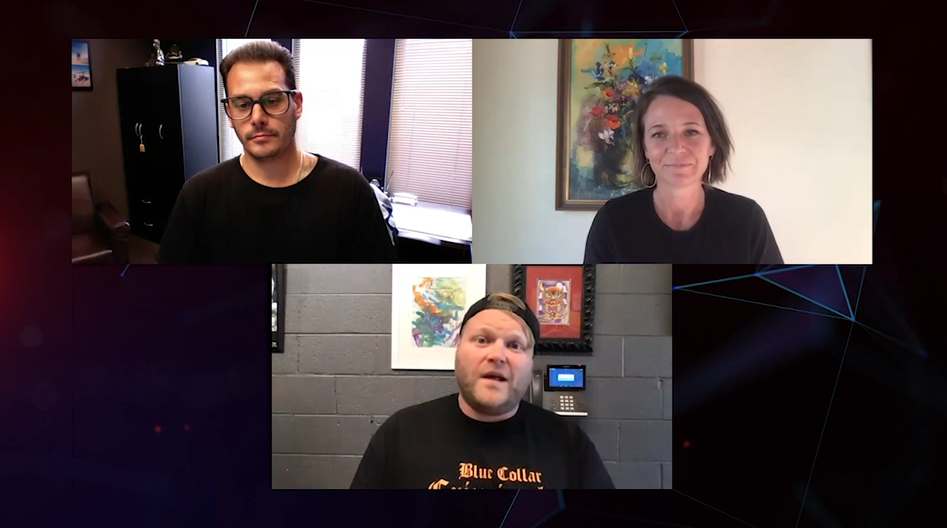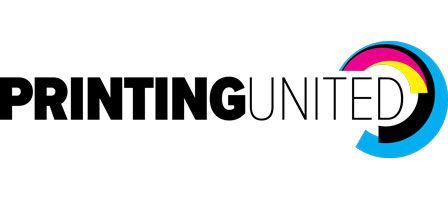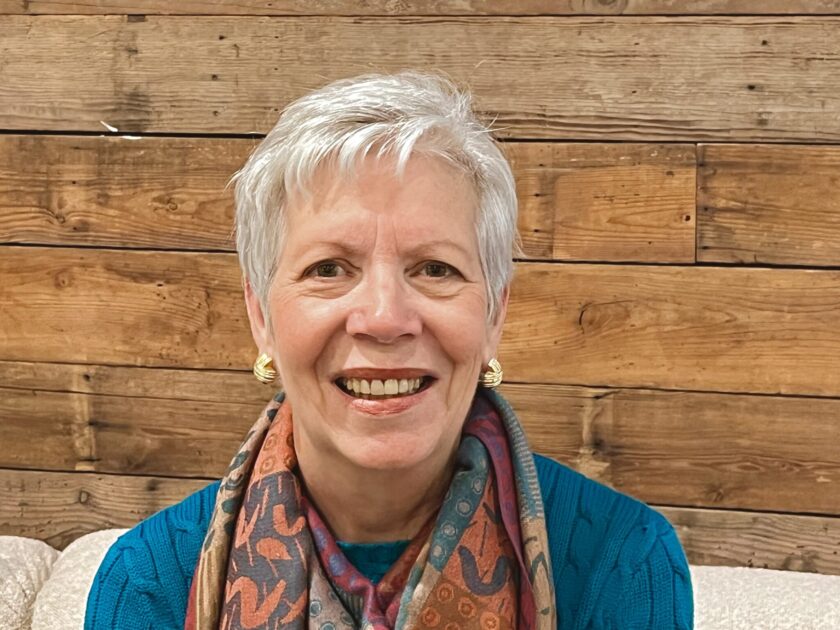The word “pivot” is having a year.
It’s been the go-to choice to describe how businesses in just about every industry have had to change their approaches, habits and offerings just to stay afloat during the pandemic.
But, business owners don’t want to tread water for the sake of keeping the lights on. They want to thrive and grow. That is obviously much easier said than done, but it’s possible nonetheless if you have a good support system and the right mindset.
In a session for PRINTING United Digital Experience titled “Screen Printing Success Amid COVID-19,” a panel made up of Justin Lawrence, owner of Oklahoma City Shirt Company; Amy Baker, owner of Threadbare Print House; and Rich Santo, CEO of Culture Studio, discussed how they pursued new product categories and sales verticals to satisfy growing demand, and also how the community aspect of the industry helped them stay successful even when the cards were stacked against them.
Like so many others, Baker said that her company was on track for a banner year before “that day in March.”
“That Friday the 13th, things just kept canceling, and it sent me in a personal tailspin,” she said. “March was bad. April was bad. Since then, we’ve actually picked back up. We’re pretty much on par with [where] we were last year with sales.”

They’ve had their difficulties too. Also like plenty of others, they’ve had to make the painful decision to lay off some employees. But, Baker attributed her company’s continued success nearing the end of 2020 to three main things—face masks, online stores and cannabis.
Face masks are being used by much more than just the health care industry. As restaurants have reopened, they’re now being used as uniform pieces, and it created an entirely new sales vertical for that product.
Before the pandemic, Baker estimated that they had previously done two online stores. Since the pandemic, they’ve done about 100, and even hired an employee to handle that side of the business specifically.
And, as for cannabis, well, some things are pandemic-proof.
For Santo, whose business primarily caters to the music and entertainment industry, the pandemic was devastating because it took away his customers’ business, too. When artists couldn’t tour, they couldn’t sell their merchandise. Culture Studio also made masks, but its primary pivot was from live events to e-commerce outlets for artists.
“For our business, it is all about touring,” Santo said. “It was set to be complete disaster. But, I’m humbled to report that we’ve actually had growth months in August and September. Every one of our artists has been able to sell at e-commerce or retail.”
He said that, like Baker, those months of March, April and May were slow and scary, but adding masks at least kept them in business long enough for e-commerce to kick in when artists sort of figured out how they were going to navigate their own channels.
Since then, Culture Studios has invested $500,000 into its retail wing, and has seen 3,000 percent growth in its retail division, which does hangtag, poly and SKU stickers.
“It’s certainly not the business we’re used to, but my team was able to shift and pivot and add folding lines,” he said. “It’s healthy to be pushed to see how just how resilient we all are together. And it’s even more interesting that it’s the world doing this at the same time.”
What it really came down to for these three companies, more than finding the right places to look, was finding the initiative. As Lawrence pointed out, it would be very easy to just sit there and hope for a bailout. But, it was more worthwhile to act.
“Who would’ve thought your local screen printer would be the easiest place to get your masks from?” he said. “When you look at your medical supply company and all of the traditional channels, they’re gone.”
It’s true. PPE shortages early in the pandemic were particularly devastating, but companies like Lawrence’s have picked up the slack by providing items like masks, which might not have previously been in their catalog.
One piece of advice from Lawrence, however: Don’t write a check you can’t cash. Meaning, if your customers are asking for masks, be sure you can fulfill their orders before you start seeing the dollar signs. There is still plenty of uncertainty in the supply chain, so unless you know exactly what you have ready to sell, don’t make any promises you can’t back up.
“I thought for sure [masks] were going to be our new thing, and then I pissed off a lot of people,” he said. “And I learned a hard lesson—don’t sell something that isn’t in your hands.”
Finally, the best advice Lawrence offered was to be a true partner to your friends when they need help. Some colleagues in places that were totally shut down rerouted orders through his business. This kind of community matters now more than ever. (Check out our Back to Business Virtual Power Meetings for details on creating and developing these kinds of partnerships with others in the industry.)
“It was my friends who kept me alive,” he said. “I’m eternally changed and thankful for this.”
Click here to view the entire session (free registration required) or click here for more information on the PRINTING United Digital Experience, including Apparel – Direct-to-Garment/Direct-to-Substrate Day (Monday, Nov. 9). The PRINTING United Digital Experience runs from Oct. 26 through Nov. 12 and is free to attend.




